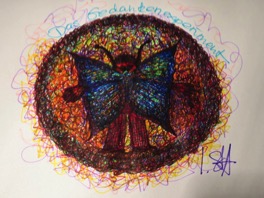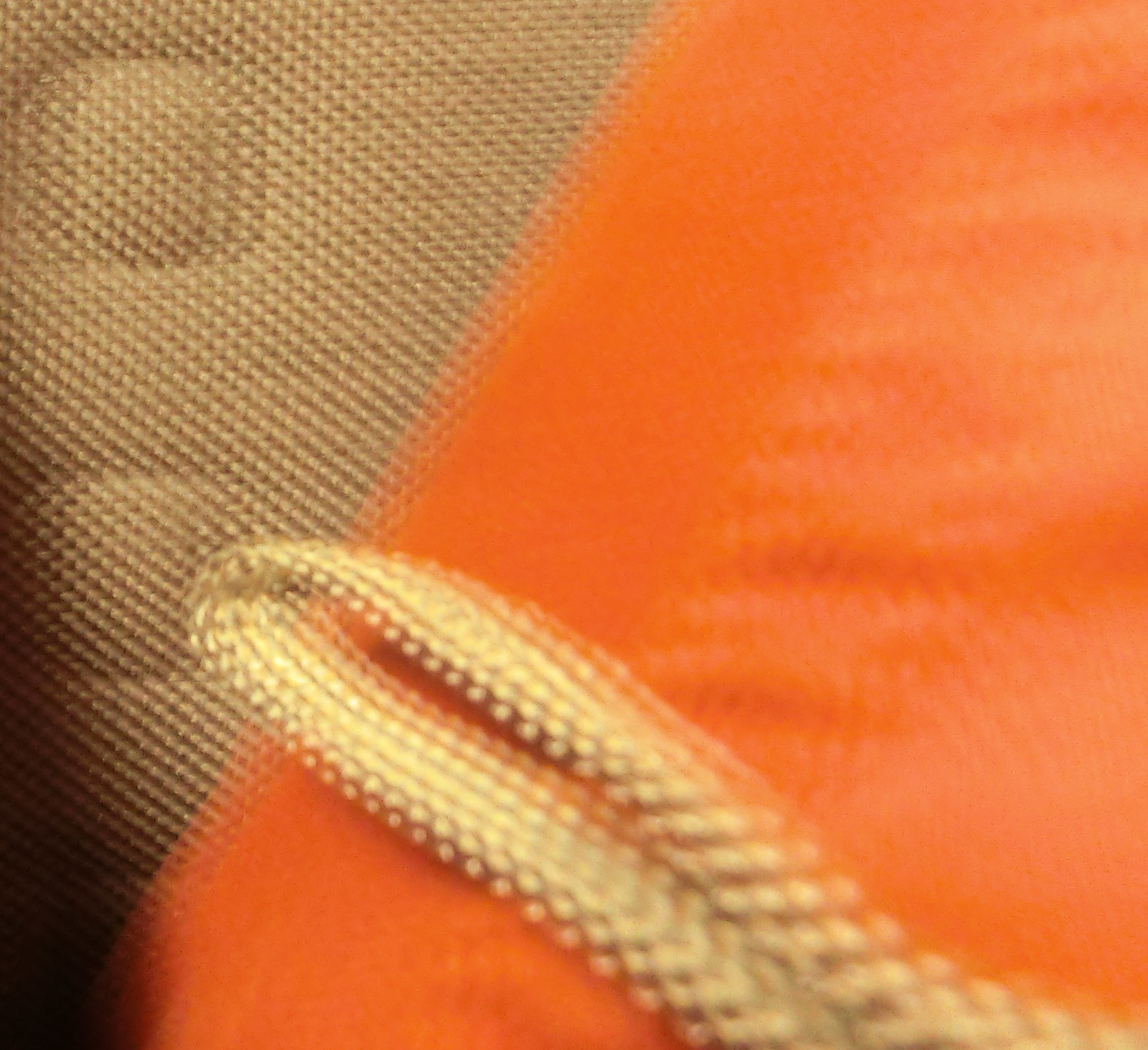 DEUTSCH
DEUTSCHJörg Luy
The idea of being turned into the animal in question and of a fair deal with this animal
In compliance with the European Enlightenment we assume that human reason disposes of a sense of morality and justice which enables each responsible citizen to recognise by oneself the line between moral and non-moral conduct towards sentient beings. This idea has been developed and improved in the past 250 years. Today we know that we have to imagine ourselves to be turned into the animal in question. Scientific knowledge about the species is helpful in this process, but does not imply moral conclusions on its own terms. Only when science is “fed“ to our sense of morality, interacting with our personal value patterns, an idea of the well-being of our counterpart will originate, and based hereon a reasonable ethical imperative. Examined in this enlightened way, our feeling of injustice should define the limit of use.
What about plants? While animals behave in a way that profits from an individual learning ability, it is unclear if and how plants could benefit from such capability. It is however not necessary to assume any consciousness in plants in order to treat them with moral respect. Our reason tends to protect what we appreciate. More…




